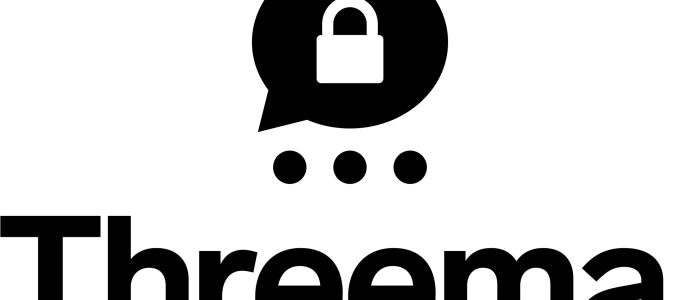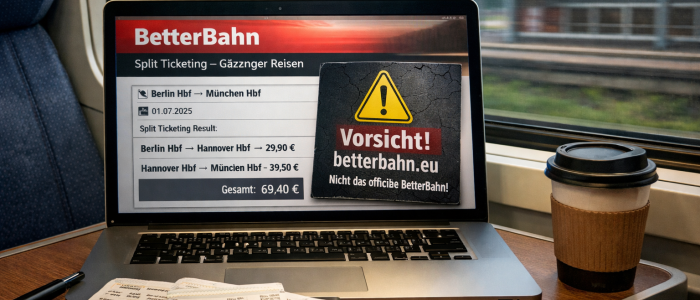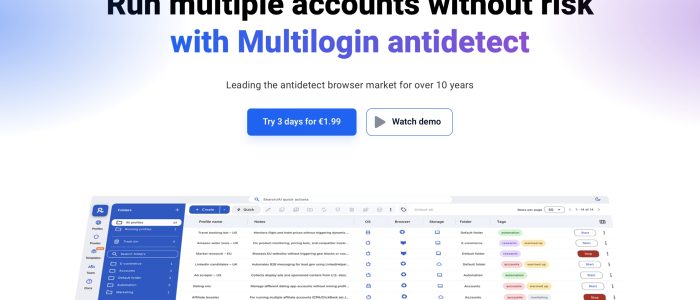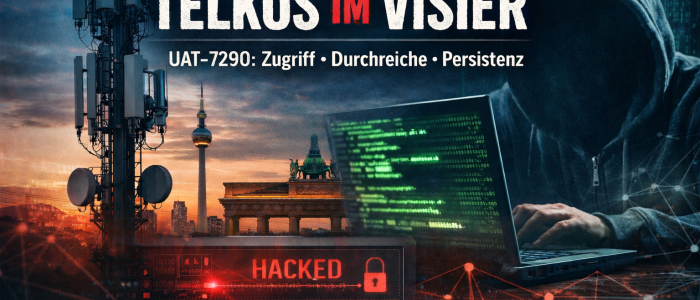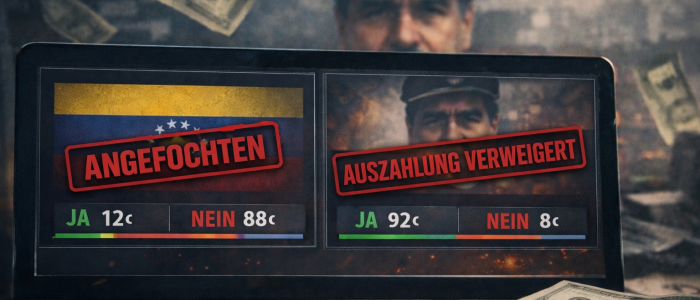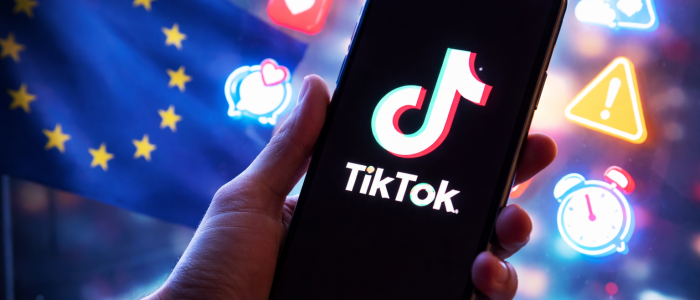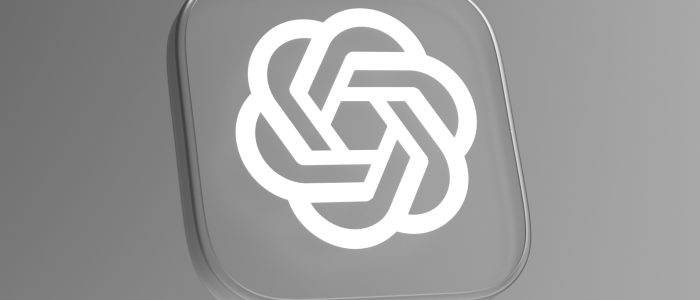Der in der Szene recht bekannte Proxy-Anbieter 911 S5 verweigert die Annahme neuer Kunden. Wer ihn nutzen will, muss sich jetzt ausweisen.
Der auf den British Virgin Islands beheimatete Dienst 911 S5 stellt momentan sein System um. Derzeit kann man sich dort nicht mehr als neuer Kunde eintragen. Wer die Dienstleistungen in Anspruch nehmen will, muss zudem seine Identität nach den Know Your Customers (KYC-)Prinzip unter Beweis stellen. Das preiswerteste Paket beginnt bei 28 US-Dollar. 9.000 Proxies kosten hingegen 674 USD. Im Netz verfügbare Tests heben insbesondere die guten Windows-Clients und die Geschwindigkeit der Proxy-Server hervor.
911 S5 will Kunden mit illegalen Absichten aussperren
911 S5 ist ein SOCKS5 Proxy-Anbieter. Zur Erklärung: Ein SOCKS5 Proxy ist ein simpler Server, der die IP-Adresse des Nutzers durch die Weiterleitung des Unternehmens verschleiert. Da man die vom User ausgehenden Aktivitäten somit nicht mehr zurückverfolgen kann, war 911 S5 bis dato in der Szene recht beliebt.
SOCKS (= Abkürzung für Sockets) ist ein vielseitig einsetzbares Internet-Protokoll. Damit kann man jegliche Art von Daten, so auch von Online-Spielen oder die Daten von E-Mail-Servern u.v.m., umleiten. Weitere ausführliche Erläuterungen zum Thema Proxy-Server findet man hier in unserem Guide, der bis heute nichts an Aktualität eingebüßt hat.
Seit dem 22. Juli begrüßt der Client als auch die Webseite von 911 S5 nach dem Login alle Kunden mit folgender Nachricht (Screenshot):
„Wir überprüfen unser Netzwerk und fügen eine Reihe von Sicherheitsmaßnahmen hinzu, um den Missbrauch unserer Dienste zu verhindern. Dazu gehört eine Überprüfung und strenge KYC-Verifizierung.
Dazu gehört auch die Sperrung aller URLs, die mit Finanz-, Einkaufs- und Zahlungsschnittstellen von Drittanbietern verbunden sind. Und ermöglicht durch eine Reihe von programmierten Mechanismen, um zu überwachen, ob die Nutzung des Proxys legitim ist und mit den Angaben des Nutzers übereinstimmt.
Die Aufladung des Proxy-Guthabens und die Registrierung neuer Nutzer sind geschlossen. Wir überprüfen alle bestehenden Nutzer, um sicherzustellen, dass ihre Nutzung rechtmäßig ist und unseren Nutzungsbedingungen entspricht.“
https://911.re
Zwar darf man laut der eigenen Richtlinien mithilfe der Proxys keine Warez oder Schadsoftware verbreiten, doch das hat die Szene-Kunden wahrscheinlich nicht von ihren Aktivitäten abgeschreckt. Der Offshore-Anbieter verbietet zudem jegliche Hacking-Aktivitäten, den Spam-Versand, DDoS-Angriffe und grundsätzlich alles, was bei Dritten Schaden anrichten oder die Gesetze verletzen könnte.
Doch wie gesagt, die Warnungen von 911 S5 werden wohl ins Leere gelaufen sein. Zumindest bis jetzt. Denn ab sofort wird man sich mit Ausweis, Foto oder anderen Mitteln identifizieren müssen.
User haben Regeln offenkundig großzügig missachtet
Es bleibt abzuwarten, wie sich dieser Schritt auf den wirtschaftlichen Erfolg auswirken wird. Wenn der Anteil an Kunden mit legalen Absichten seit jeher groß genug war, wird der Proxy-Anbieter keinen finanziellen Schaden nehmen. Anderenfalls kann 911 S5 mittelfristig einpacken.

Vielleicht hat man keine Wahl, um dem Beispiel anderer Anbieter nicht zu folgen, die von den Behörden geschlossen wurden.
Update vom 29. Juli 2022
Zunächst hieß es lediglich, dass man gehackt wurde. Jetzt hat man den Dienst komplett geschlossen, weil man die Sicherheit der Kunden nach dem Hack nicht mehr gewährleisten konnte. Folgende Meldung ist dort aktuell sichtbar.
We regret to inform you that we permanently shut down 911 and all its services on July 28th.
For the past 2 years, 911 has been the target of group of hackers doing phishing attacks. They cloned the front-end and back-end of our website, registered hundreds of similar domains and established websites, placed paid search ads on search engines, and social media. When 911 users log in to the phishing website, they record your login credentials, and even induce you to give the secret answer of your account to further steal your 911 account (if you recharge on the phishing website, your recharge will also be stolen). These stolen accounts can be resold for illegal use and abusing our proxy network. When it is found, its already too late, abuse has already occurred, and account balances have been used.
But 911 always has zero tolerance for illegality and abuse of our proxy network. Over the years we have banned thousands of accounts for violating our terms of service. We actively follow up on any abuse complaints we receive, We also assisted the German and Polish police in handling cases many times. Our attitude is proactive, we programmatically block many easy-to-target domains and vulnerable ports and protocols, such as sending spam, using Bittorrent to spread copyrighted files, etc. are impossible in the 911 network. But it is still not enough, because many abuses cannot be accuretely detected by program. For example, a user using a proxy to visit amazon for shopping, it is difficult to determine whether the user is logged in with his own account and whether he is using his own bank card to pay. But if we block these shopping sites, it will affect normal users. Therefore, in order to increase the success rate of vetting, a lot of manpower, and time costs are required to manually analyze all user behaviors. But this is a huge challenge for us, and the cost is far beyond our ability. This is one of the main reasons why we chose to shut down the service.
The most unfortunate thing is that our recharge system was hacked in early July, and it was found that someone manipulated the balance of a large number of user accounts by using the API of the recharge system, but not sure how did the hacker get in. Therefore, we urgently shut down the recharge system, new user registration and an investigation started.
On July 28th, a large number of users reported that they could not log in the system. We found that the data on the server was maliciously damaged by the hacker, resulting in the loss of data and backups. After assisting the investigation by the IDC, it was found that the hacker first invaded the SurgeMail server through a low version vulnerability. The historical emails sent by the IDC contains the login and password of the servers‘ KVM device. By connecting to the KVM hardware, the hacker restarted the servers and loaded the ISO image to complete the further invasion. Its confirmed that the recharge system was also hacked the same way. We were forced to make this difficult decision due to the loss of important data that made the service unrecoverable.
Sorry to say goodbye to everyone, 911 would like to thank you all for your continued support and trust over the years.
Finally, please note that the shutdown of 911 is permanent. But after we shut down the service, the criminals who do phishing attacks may still not stop their activities. They may use the fake website cloned before to pretend to be us, continue tricking people into paying them.
https://911.re/




